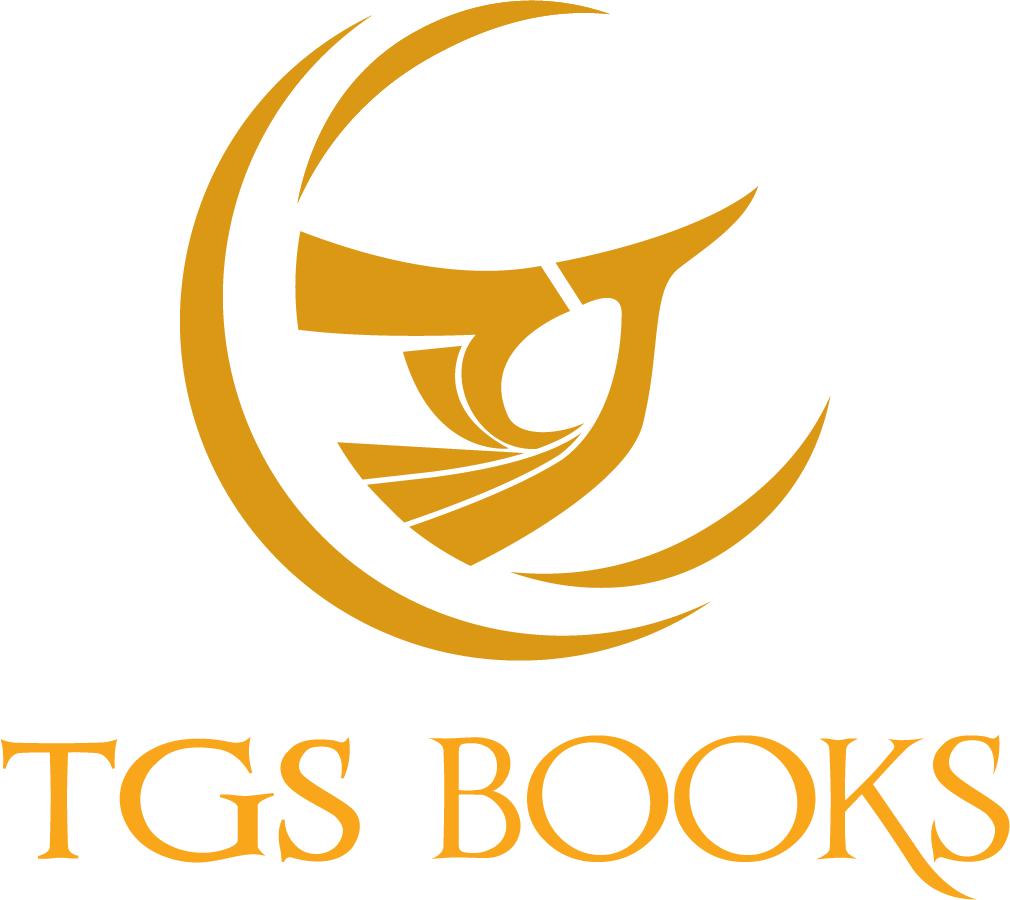Uncategorized
Do You Pay Tax on Stamps Uk
In the United Kingdom and the Isle of Man (hereinafter referred to as the United Kingdom), the delivery of valid stamps used to pay for postal services is a service. However, the value of the supply will not be taken into account for VAT purposes unless the consideration exceeds the nominal value of the stamp. The “face value” is the amount indicated on the stamp or indicated in the stamp or the conditions of its use. However, the subsequent use of the stamp constitutes payment of a postal supply exempt from tax. A first day envelope is an envelope of stamps bearing the postmark of the first day of issue. Find out which stamps are exempt from VAT and when stamps, stamped stationery and other philatelic supplies must be subject to VAT. This note explains which stamps are EXEMPT FROM VAT and when VAT is to be collected: this guide gives an overview of the VAT treatment of stamp supplies, etc. If you sell an envelope with unclassified stamps (whether the stamps are attached to the envelope or not) so that your customers can send each other, you can ignore the face value of the unused stamps and only count VAT on the rest of your expenses. If you sell stamps that are not shippable, they may be treated as collectibles, see Section 5.
Valid UK and Isle of Man stamps are payment from a VAT-exempt postal service. If you sell unused UK or Isle of Man stamps that are valid for postage, no VAT will be charged if you sell them at or below their face value. However, you should consider VAT at the standard rate for any amount for which you charge the price exceeds the face value. This applies regardless of whether the stamps are printed on the stationery or whether they are ordinary stamps that have been pasted. All foreign stamps, even if they are valid for postage abroad, are taxable at the standard rate. If you arrange for the envelope with the new stamps to be sent to your customer on the first day of issue, you must pay VAT at the standard rate on the total selling price of the first day envelope. You cannot deduct the nominal value of stamps from the tax base. Stamps are exempt from VAT. The exemption applies only to services provided by post for the transport of postal parcels. Valid stamps are unused stamps from the reign of the present monarch on which the value is based: stamp duty was first introduced in England on June 28, 1694, during the reigns of William III and Mary II, under “An Act to Grant Their Majesties Several Rights to Parchment, parchment and paper, for four years to continue the war against France.” [3] In the 1702/03 financial year, 3,932,933 stamps with a total value of £91,206.10s.4d were minted in England. [4] Stamp duty has been so successful that it continues to this day through a series of stamp laws.
Similar duties have been imposed in the Netherlands, France and elsewhere. When checking the VAT of shipping costs, you must take into account whether the delivery is included in the contract with your customer. If this is the case, make a single delivery of the delivered goods (in the case of philatelic deliveries) or services (in the case of valid stamps). Liability for delivery or postage and packaging costs depends on that of the items delivered, which is standardized for philatelic deliveries or exempted for valid stamps. You can find out more about this under Postage, delivery and direct marketing (VAT notice 700/24). Check VAT rates for various goods and services. Some things are exempt from VAT, such as stamps and certain financial and real estate transactions. If you sell stamped stationery that is not used and valid for postage in the UK or the Isle of Man, you should consider VAT at the standard rate for the amount you charge minus the face value of the stamps. British and Isle of Man stamps from earlier reigns or valuable stamps expressed in shillings or old pence are no longer valid for postage and are therefore taxable at the standard rate. #1 Sign up for VAT and collect vat fees: As a US online retailer, you now need to sign up to get a VAT number and create an HM Revenue and Customs (HMRC) online account to deliver ecommerce orders in the UK. Once you have your VAT number, you will need to collect all VAT fees from your buyers at the time of purchasing the product. These VAT charges were previously supplemented when a package arrived in the UK, with the buyer usually having to pay VAT to clear the package through customs.
The new WTO rules transfer this burden of collecting the VT tax on the online retailer to the United States. which exports the product to Great Britain. In July 2020, the Welsh Government also raised its Land Transaction Tax (LTT) threshold for people buying their main home to £250,000. Later, it extended the holiday until June 30, with prices returning to normal from July 1. Real estate agents reported renewed interest in March, with buyers and sellers rushing to close real estate deals before the program ended. .
